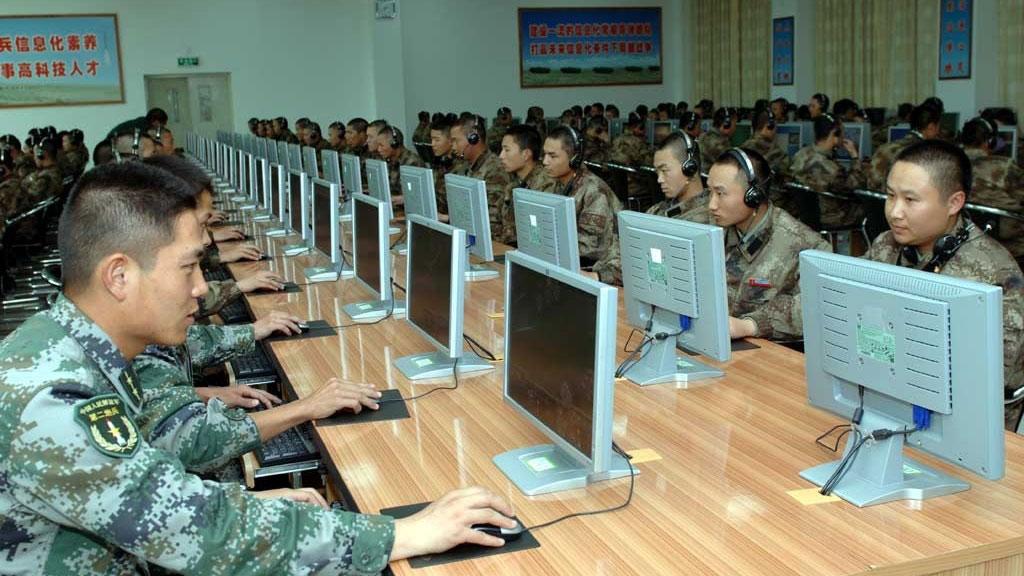With a hope to end the onslaught of Chinese cyberattacks on U.S. businesses, President Barack Obama announced a deal with the leader of the Chinese Communist Party (CCP), Xi Jinping, on Sept. 25, 2015, to end cyberattacks meant for economic gain.
The next day, the Chinese cyberattacks on U.S. businesses continued as usual.
The impact of Chinese economic theft was the focus of a new segment on “60 Minutes,” which aired Jan. 17. It highlighted an environment where Americans are being spied on by a foreign government, and where U.S. CEOs are doing business with China while knowing they have only five or six years to do business before their products are stolen.
The CEO knows that by going into business with China, he is committing long-term suicide.





